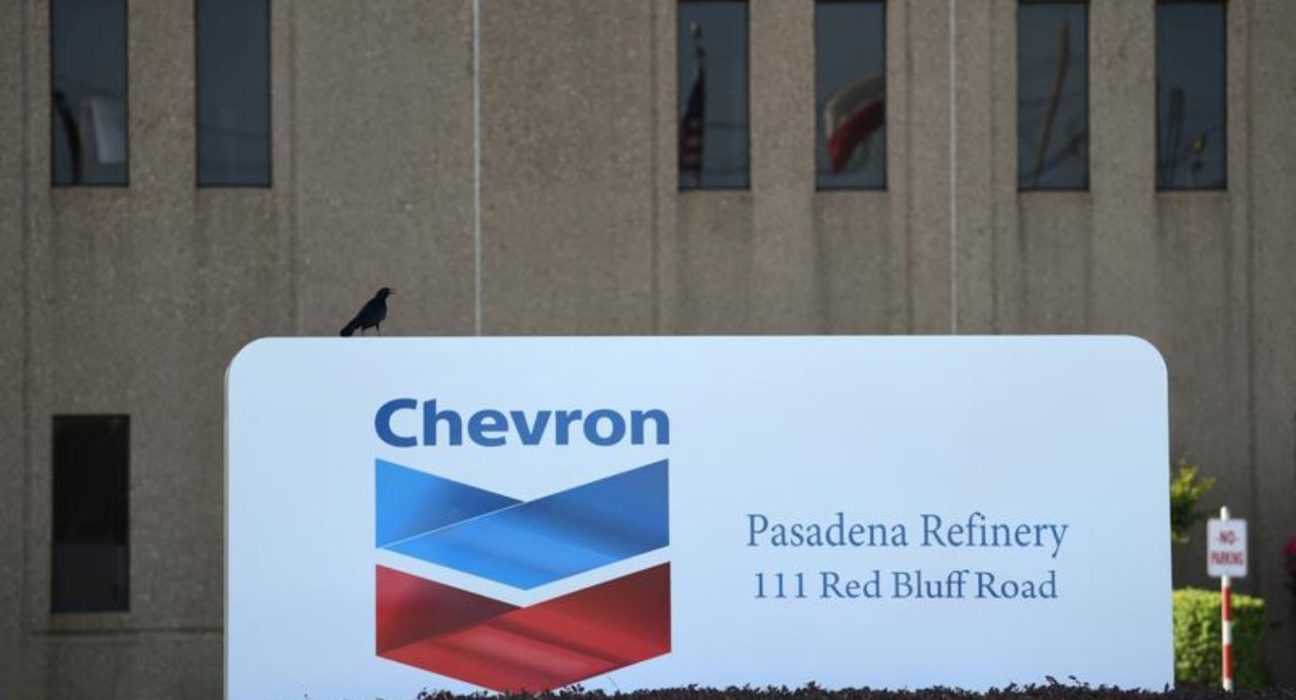Introduction
In a bid to avert potential strikes scheduled for Thursday, Chevron Australia has entered into negotiations with labor unions representing workers at two of the energy giant’s liquefied natural gas (LNG) facilities in Australia. These discussions are taking place under the guidance of a senior member of the Fair Work Commission (FWC), Australia’s industrial umpire, and are expected to play a pivotal role in resolving the impending labor dispute.
Chevron Australia Faces Labor Strife
Chevron Australia, a prominent player in the country’s energy sector, is currently at the center of negotiations aimed at preventing industrial action at its LNG facilities. The impending strikes, scheduled for Thursday, have raised concerns within the energy industry and the broader community, making these discussions of paramount importance.
The Role of the Fair Work Commission
The Fair Work Commission (FWC) holds a significant position in Australia’s labor landscape. It serves as the impartial body responsible for mediating disputes between employers and employees, ensuring fair treatment and equitable resolutions. In this case, the FWC is playing a crucial role in facilitating talks between Chevron Australia and the labor unions.
Negotiations in the Western Australia State Capital
The negotiations are being held in the Western Australia state capital of Perth, a strategic location for addressing the concerns of workers at Chevron’s LNG facilities. The proximity to the facilities allows for a comprehensive understanding of the issues and ensures that all parties involved can engage in constructive dialogue.
Key Issues on the Table
The talks between Chevron Australia and the labor unions are expected to focus on several key issues. These include worker safety, employment terms and conditions, and fair compensation. Addressing these concerns effectively is vital to preventing the impending strikes and achieving a mutually beneficial resolution.
The Implications of Potential Strikes
The looming strikes have far-reaching implications for both Chevron Australia and the broader energy industry. Disruptions in LNG production can have a cascading effect on energy supply chains, potentially leading to increased energy prices and supply shortages. Moreover, the well-being of the workers involved is a matter of utmost importance, making it imperative to find a resolution that ensures their safety and job security.
Labor-Management Cooperation
The outcome of these negotiations will underscore the significance of cooperation between labor unions and management in the energy sector. Collaboration between these stakeholders is essential to strike a balance between worker welfare and the operational interests of the company.
The Path Forward
As discussions progress throughout the week, stakeholders will be closely watching the developments in Perth. The aim is to reach a comprehensive agreement that not only averts the scheduled strikes but also establishes a framework for productive and harmonious labor relations in the future.
Conclusion
Chevron Australia’s negotiations with labor unions at its LNG facilities in Australia are a critical moment for the energy industry and labor relations in the country. The involvement of the Fair Work Commission reflects the commitment to a fair and equitable resolution. As discussions continue, finding common ground on issues such as worker safety and compensation will be essential to prevent potential strikes and ensure the stability of the energy sector.










